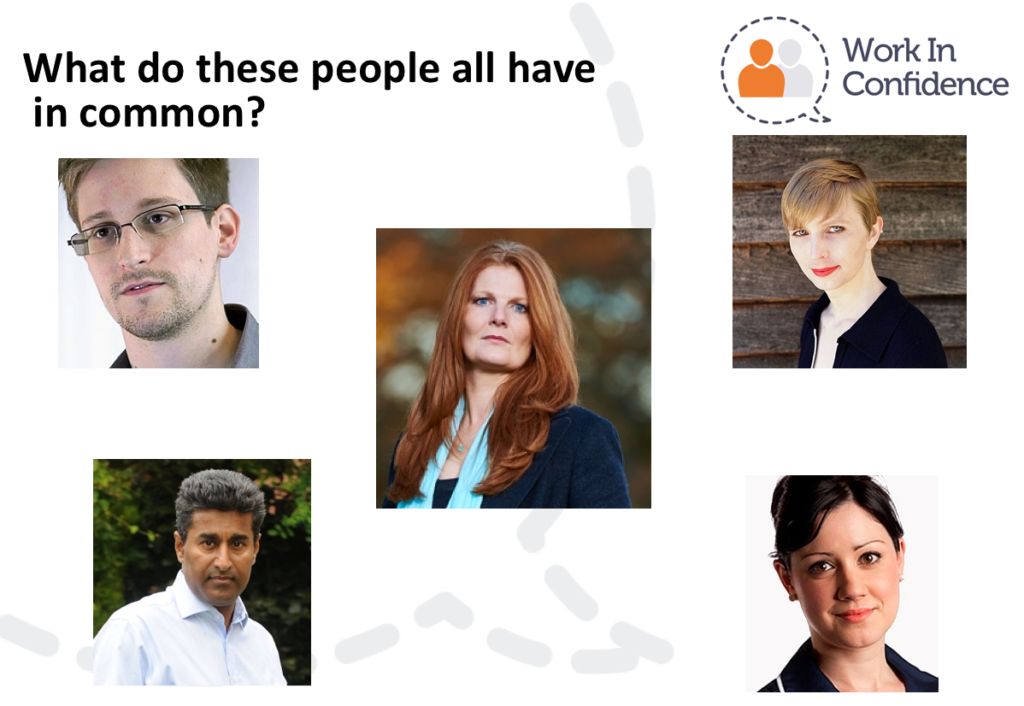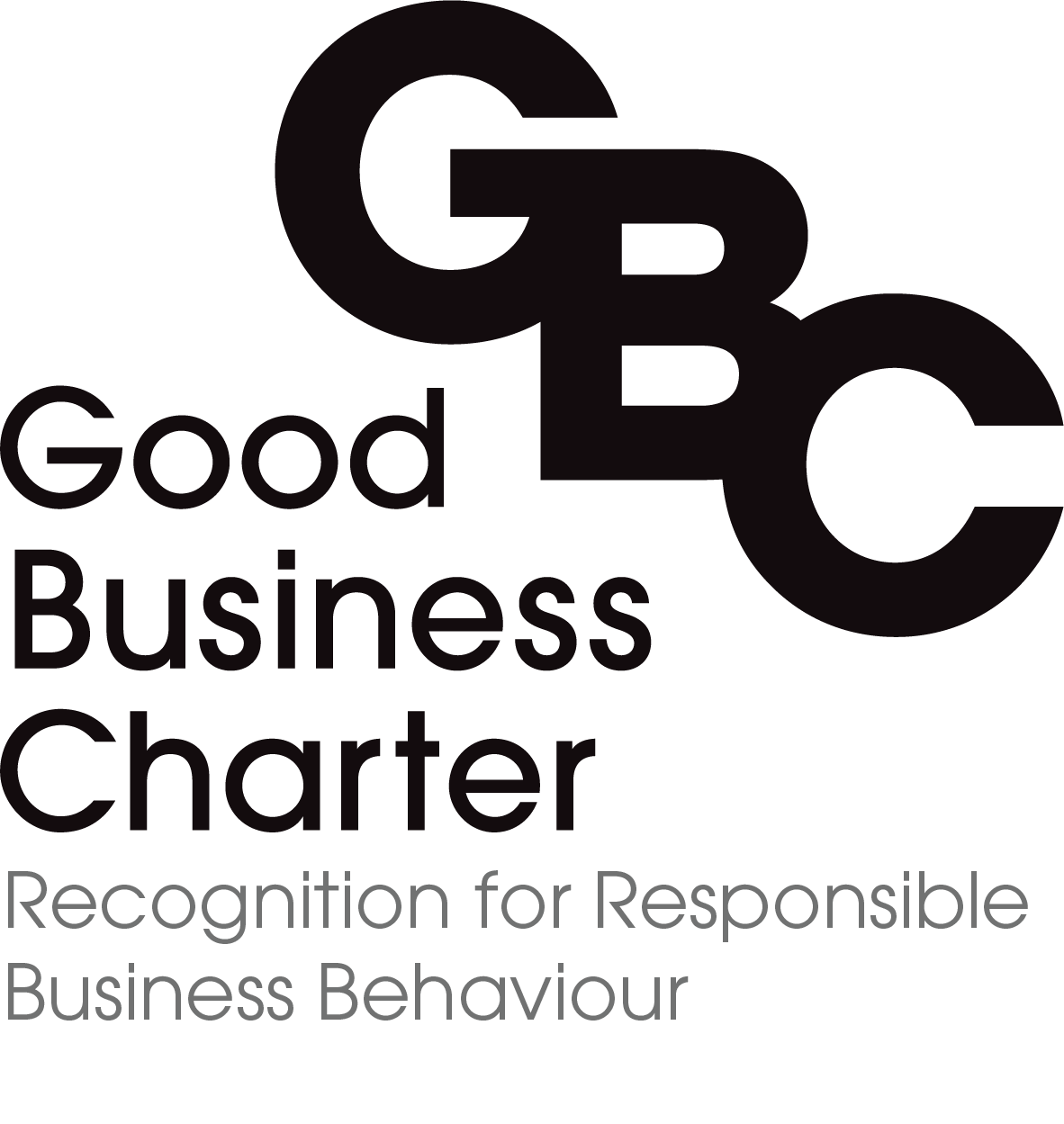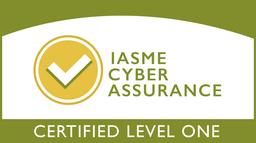Creating a speak up and whistleblowing culture
I had the pleasure of being asked to speak at a meeting of Ethical Reading, a not-for-profit social enterprise with a mission to help embed ethics into the way we live and work in Reading. The topic was to be “creating a speak up and whistleblowing culture” which is something that is clearly close to our hearts.
What do these have in common?
I started by showing this slide and asking what do they all these people have in common?

The answer, of course, is that they are all prominent whistle-blowers. Clockwise from top left:
- Edward Snowden, CIA – released documents, now exiled in Russia
- Dr Haley Dare, NHS – raised patient safety issues, sacked
- Chelsea Manning, US Army – released documents to Wikileaks and spent six year in prisons
- Helene Donnelly, NHS – raised patient safety issues and was bullied and harassed by her co-workers
- Dr Raj Mattu, NHS – won an unfair dismissal case in which is employer, an NHS Trust, spent £6M defending – they lost.
Based on the above how willing would you be to become a whistleblower? I’m guessing that the answer is not very and therein lies the problem. If you do become a whistleblower you will more than likely be at best treated badly or at worst end up leaving your job. And it’s not just costly for the individual, it can be very costly for the organisation too affecting both its bottom line and reputation.
The problem with whistleblowing is that it is just too late in the day. If something has reached the stage that it requires whistleblowing then there has been a failure in the organisation. You need to be capturing issues much earlier in the day. Nothing starts as a whistleblowing event. It starts as a niggling issue which if treated early can be nipped in the bud quickly and cheaply. If not it can lead to huge costs and repetitional damage, just ask VW.
The problem with whistleblowing is that it is just too late in the day. If something has reached the stage that it requires whistleblowing then there has been a failure in the organisation. You need to be capturing issues much earlier in the day. Nothing starts as a whistleblowing event. It starts as a niggling issue which if treated early can be nipped in the bud quickly and cheaply. If not it can lead to huge costs and repetitional damage, just ask VW.
The Speaking Up Problem
As a society we generally have an issue with speaking up. These figures from the 2018 NHS survey show the number of people that experienced bullying and harassment in the last 12 months. When expressed as percentages these numbers look pretty small but when you look at the raw numbers it’s affecting large numbers of individuals.
292,642 people responded that they had experienced bullying and harassment in the last 12 months but 152,730 of those didn’t go on to report the issue.
But it’s not just for issues such as bullying that people struggle to speak up it can be the seemingly trivial too. I’m sure that you have been on a training course and at the end the trainer asks “any questions?” I can guarantee there will be at least one individual in the room thinking “I’d like to ask about X but everyone else will already know the answer”, maybe that individual has been you?
292,642 people responded that they had experienced bullying and harassment in the last 12 months but 152,730 of those didn’t go on to report the issue.
But it’s not just for issues such as bullying that people struggle to speak up it can be the seemingly trivial too. I’m sure that you have been on a training course and at the end the trainer asks “any questions?” I can guarantee there will be at least one individual in the room thinking “I’d like to ask about X but everyone else will already know the answer”, maybe that individual has been you?
Creating a Better Environment for Speaking Up
72% of managers think they are highly trusted … but only 36% of staff ‘fully trust’ their senior leaders.
Every year the Sunday Times runs a survey to find the best companies to work for in the UK. This year the top spot went to mobile communications company EE. Various analysis of companies appearing on these lists has highlighted three things that they all have in common:
- Visionary leadership
- Hiring & retaining great people
- Open and the ability to admit mistakes
I would suggest that these three qualities also go a long way to creating an organisation with a great speaking up culture. In particular I would highlight the role of the leader in creating an environment that makes all staff within the organisation feel safe, able to make decisions and doesn’t penalise staff for making mistakes. This is what makes both a great company and one that can have a great speaking-up culture.
Note that I am talking about leadership rather than management. Leadership is not a rank and not a position – it is a decision, a choice. We expect our leaders to run towards danger to protect us rather than throw us under a bus at the first sign of trouble to protect themselves – leadership comes at a cost. It is the job of leaders to make us feel safe and great leaders extend the circle of safety right to the outermost edges so that the most junior person feels that they are safe and feels that they belong.
Case Study: Netflix
I was recently listening to an interview with Reed Hastings, CEO of Netflix. I’m not suggesting that Netflix are perfect by any means, particularly in light of recent news, but they are an example of a company trying to make speaking up into the very core of their business. Hastings said that “we want people to speak the truth” and went on to says that “it’s not OK to let decisions to go through without saying your piece.”
Of course it is easy to say these things but Netflix also follow this with a fairly robust culture that includes many references to openness and speaking up, such as the following:
- You share information openly and proactively
- You only say things about fellow employees you will say to their face
- You treat people with respect independent of their status or disagreement with you
- You say what you think even if it is controversial
You can read their full culture statement here: https://jobs.netflix.com/culture
So how do Netflix do when looking at the three qualities outlined previously:
- Visionary leadership – I would suggest that Hastings fits this description and 89% of Netflix staff on Glassdoor agree.
- Hiring & retaining great people – this is difficult to judge but Netflix have a reputation for quickly removing what they’d consider to be deadwood and their culture policy states “The other people should get a generous severance now, so we can open a slot to try to find a star for that role” so maybe this is what they are looking to achieve.
- Open and the ability to admit mistakes – The recent issues with their head of communications show that Netflix can admit mistakes but, in this case, were slow to act.
Ideas for your Organisation
At the end of the presentation there was a round table discussion to answer the following question:
What can you do in your organisations to make staff feel safe in their environment that they can come forward and raise ideas and concerns?
Here are some of the ideas that were raised:
- Comes down to company values and whether those values are useful and people have a sense of buy in and commitment.
- Be proactive and set up an environment where people can express themselves freely.
- Encourage people to come forward with ideas.
- A pastoral role with managers committing to employees – by delegating a member of staff who can be approached to get something off your chest.
- Managers should be given compassionate training as some lack the human element whether that is due to personality, stress or other pressures.
It was clear though that the attendees found it much easier to answer the flip-side of this question, so what contributes to an organisation that doesn’t make their staff feel safe in their environment, making it clear that we still have some way to go.
A safe and secure way for your people to anonymously raise concerns via phone, tablet, or PC, ensuring you are aware of any workplace issues and can respond quickly and accordingly
A secure online place to record, track, update, and report on all speaking up matters, whether raised through WorkInConfidence or directly.
Easily set up, run and interpret surveys on engagement, respect, wellness or other topics to ensure you always understand your people, their needs and motivations.
Demonstrate your commitment to collaboration with discussion boards to accelerate employee engagement and gain greater insights – anonymous if required.
Subscribe for insights
Get actionable employee listening insight & resources, direct to your inbox





